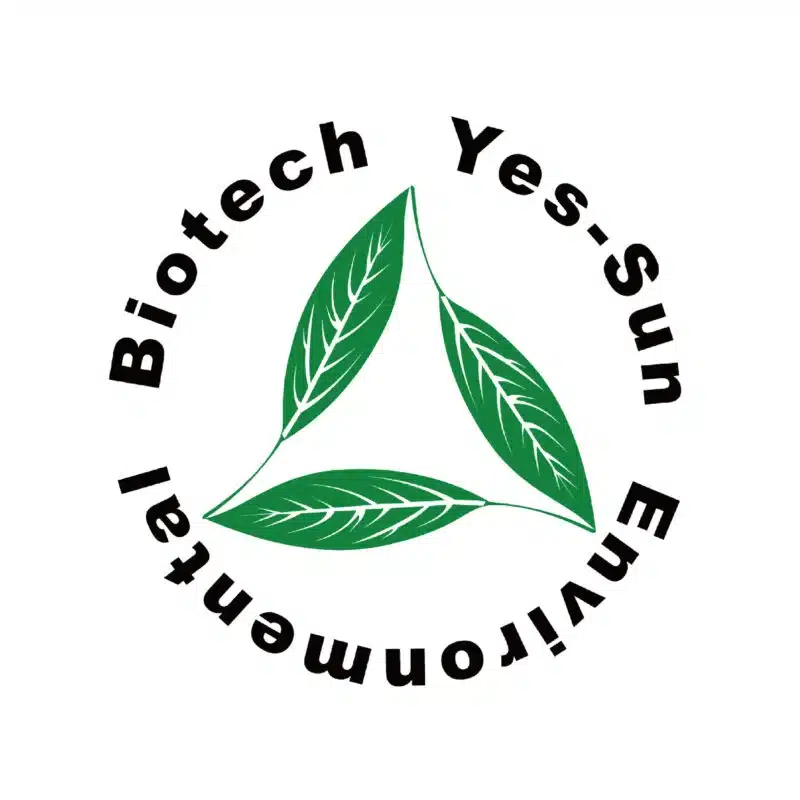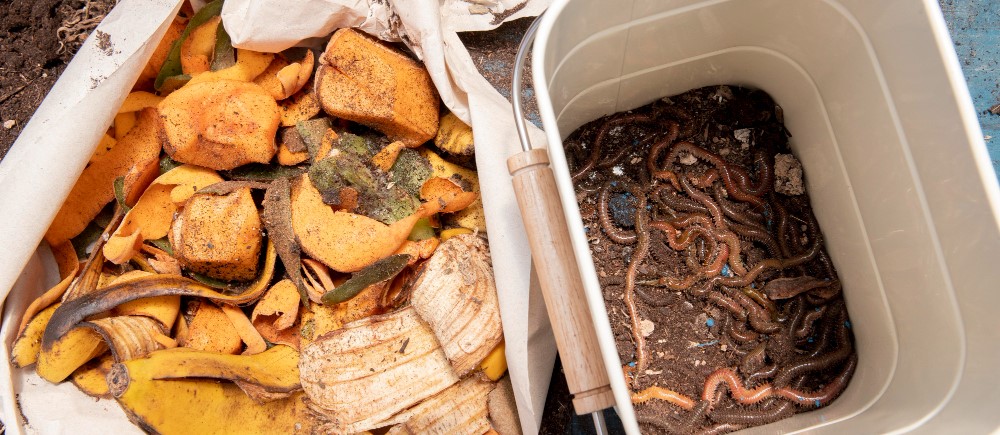Chastain, J.P. (2023). Impact of Storage Time on the Composition of a Finished Compost Product: A Case Study. Applied Engineering in Agriculture, 39(3), 303-313. doi: 10.13031/aea.15312.
https://www.compostmagazine.com/compost-maturity-changes-costain/
A new study aimed to uncover the changes that occur in compost when it is moved from a composting shed and stored in open windrows. The research covered various factors, from the acidity of the compost to the nutrients available. The compost tested was a mix of manure and wood shavings, with ages ranging from 131 days to nearly two years.
As compost ages, both organic material and carbon content decrease, which is detrimental for increasing soil organic matter and supporting beneficial soil microorganisms. However, the total nitrogen content, crucial for plant growth, remained unchanged during maturation, though its form evolved to be more accessible to plants. Other nutrients showed little variation over time, which counters the common composter concern about nutrient leaching due to rain exposure.
One significant finding was the substantial decrease in compost alkalinity, from a pH of 8.9 to 6.8, making nutrients more available to plants as most prefer a soil pH between 5.5 and 7.5. The study highlights the importance of allowing compost to mature before using it, despite the reduction in organic matter and carbon—a necessary trade-off for a more stable and nutrient-rich compost.
The study focused on uncovered compost, suggesting that exposure to wind and rain may not adversely affect the compost’s maturing process, although the variability in compost age makes it difficult to conclude the optimal maturation period.
In summary, the study underscores the benefits of compost maturation, demonstrating that while organic matter and carbon may decrease, the resulting compost is more stable and beneficial for soil and plant health. This affirms the practice of maturing compost before use, ensuring it is conducive to soil improvement and plant growth.
Discover the future of waste management with composting free technology
Handling organic waste properly can be challenging due to the unpleasant smell and dirty water produced during the composting process. Despite the availability of various composting technologies and equipment in the market, time and pollution remain significant concerns. However, a novel technology that combines patented equipment and enzymes offers a potential solution. This innovative approach can convert organic waste into fertilizer in just a few hours, and most importantly, without causing pollution.
Learn more


 中文 (台灣)
中文 (台灣) Bahasa Indonesia
Bahasa Indonesia Tiếng Việt
Tiếng Việt Bahasa Melayu
Bahasa Melayu Français
Français Español
Español Português
Português